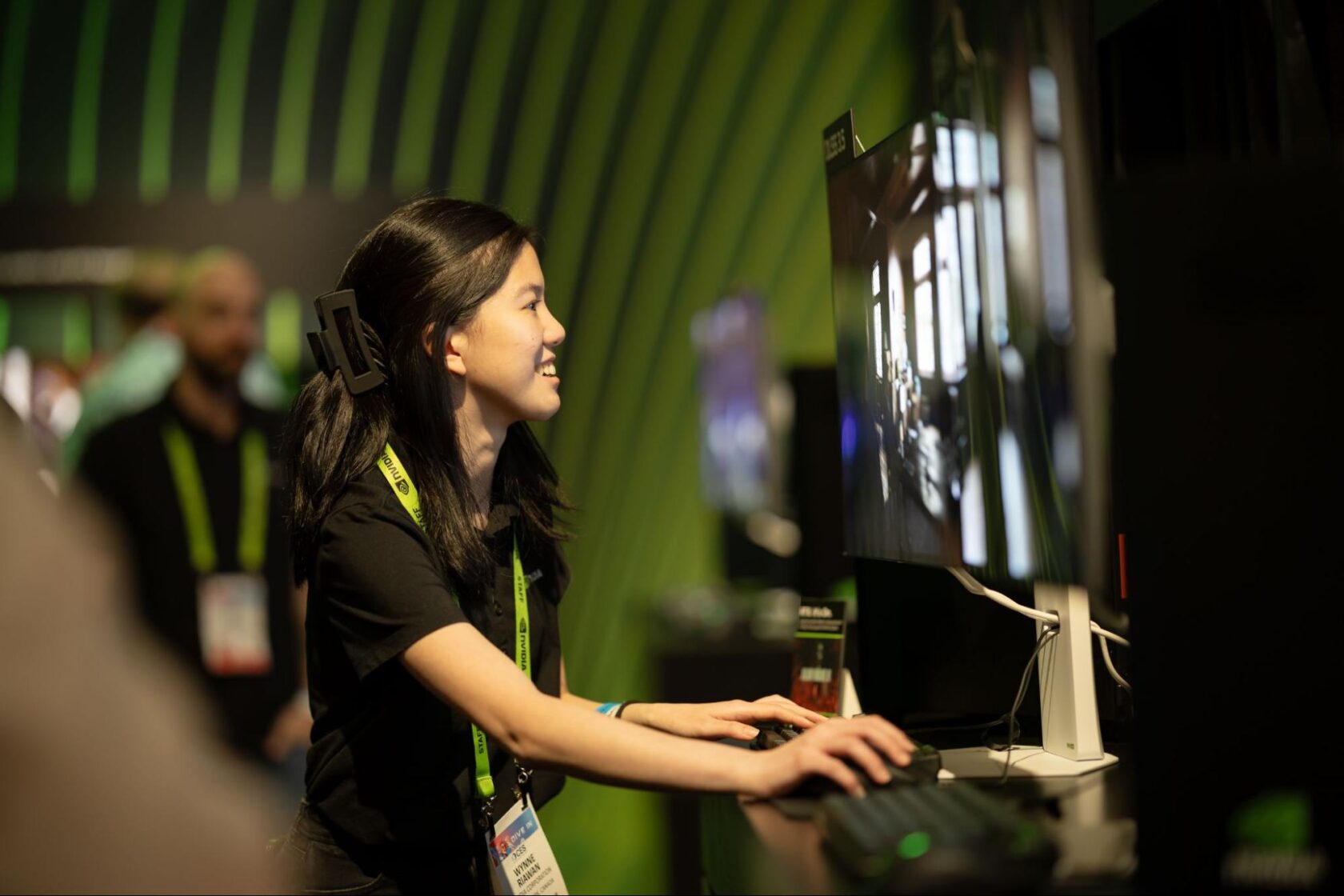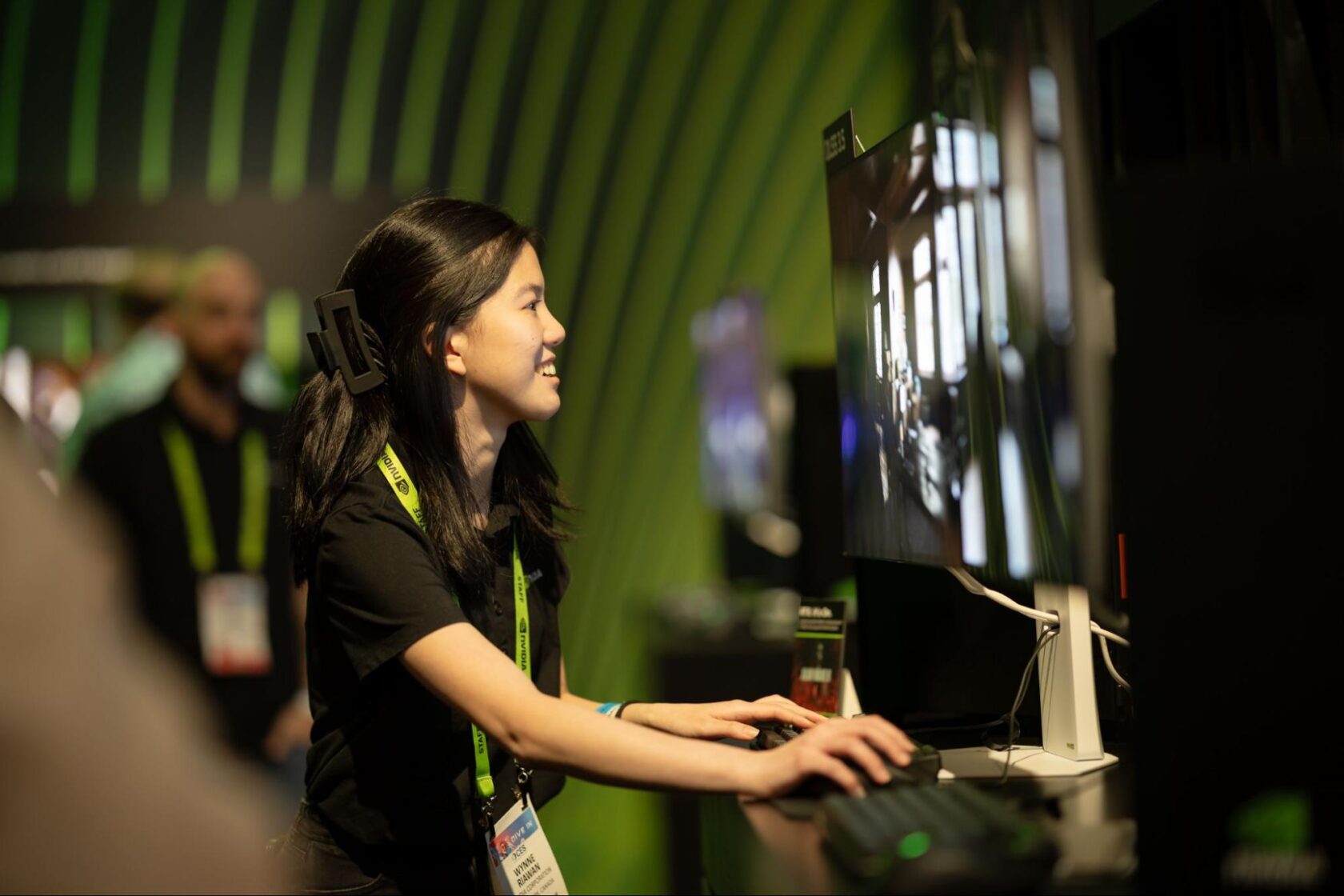As graduation season approaches, a new wave of students is poised to make their mark on the world. With the rise of artificial intelligence (AI) affecting career plans for over 60% of students, according to a survey by Inside Higher Ed, it’s an opportune time to explore opportunities in this rapidly evolving field. The World Economic Forum predicts a 40% growth in global demand for AI and machine learning specialists over the next several years.
Integrating Diverse Skills and Adaptability
At NVIDIA’s GTC global AI conference, experts emphasized that a computer science degree isn’t the only path to a career in AI. A diverse educational and professional background can be a valuable asset in this field. Sadie St. Lawerence, founder of Women in Data and CEO of the Human Machine Collaboration Institute, advised, “Don’t worry so much about necessarily the right skills — make sure you’re integrating the use of AI in your daily workflow.” Carter Abdallah, senior developer technology engineer at NVIDIA, added that AI allows individuals to “branch outside your area of expertise” and enables nontechnical people to code while technical people can benefit from liberal arts education.

Finding Your ‘Why’ and Aligning Passions
Eric Vargas, senior university recruiting manager at NVIDIA, noted that there isn’t a single ‘AI candidate’ profile, but rather various sub-areas within AI that align with different industries and passions. Students should identify their area of interest and gain expertise in that field. Saudia Jones, generative AI analyst at NVIDIA and a recent graduate, suggested, “Pick a problem that seems impossible to solve but that you’re passionate about… Connect with ‘why’ you’re driven by this, because that’s going to be the thing that leads you to overcome the challenges and innovate.”
Using AI Responsibly
Vargas also stressed the importance of using AI tools responsibly and maintaining a human touch, particularly when applying for jobs or responding to technical interview questions. Trustworthy AI, which prioritizes safety and transparency, is key to the industry. David Martin, a technical project manager intern on NVIDIA’s trustworthy AI team, exemplifies this approach through his work on sign language AI applications and ethical dataset curation tools.

Building a Network and Seeking Mentorship
Networking and mentorship are crucial for career growth in AI. St. Lawerence highlighted the importance of connecting with experienced professionals, which can be facilitated through platforms like LinkedIn and NVIDIA’s Deep Learning Institute. These resources offer skill development, hands-on experience, and expert knowledge in AI and related fields.
Standing Out by Being Proactive
To differentiate themselves, candidates should identify problems they can solve and take proactive steps to address them. Vargas outlined that NVIDIA recruiters look for demonstrations of technical skills, subject-matter expertise, and innovative projects. Examples include developing a self-started robotics solution with an NVIDIA Jetson developer kit or writing a technical article that garners significant attention.
For those embarking on an AI job search, NVIDIA’s University Recruiting team offers additional interview tips, such as preparing thoughtful questions, articulating relevant experiences clearly, and responding enthusiastically during interviews. Following up with a thank-you note within 24 hours and inquiring about status after 10 business days can also leave a positive impression.
By following these expert tips and staying committed to their passions, students and recent graduates can position themselves for success in the dynamic field of artificial intelligence.


